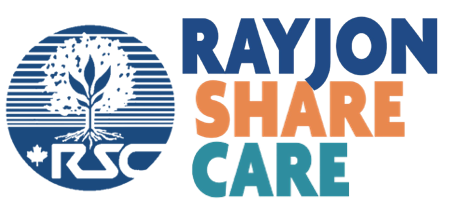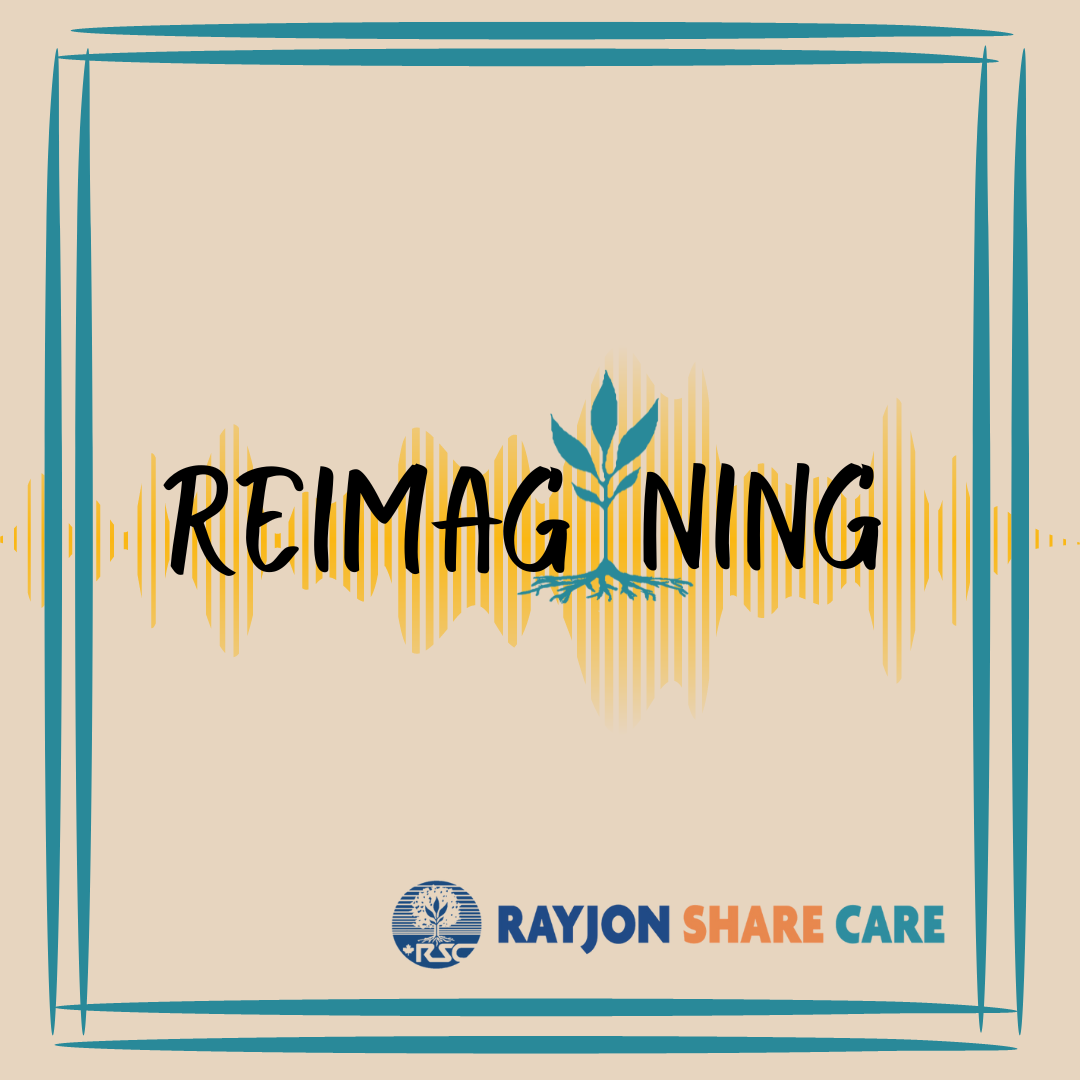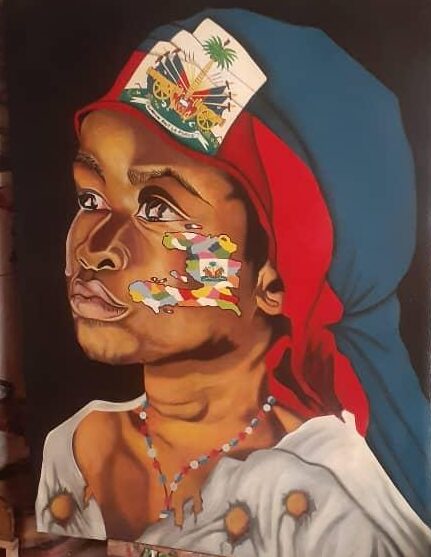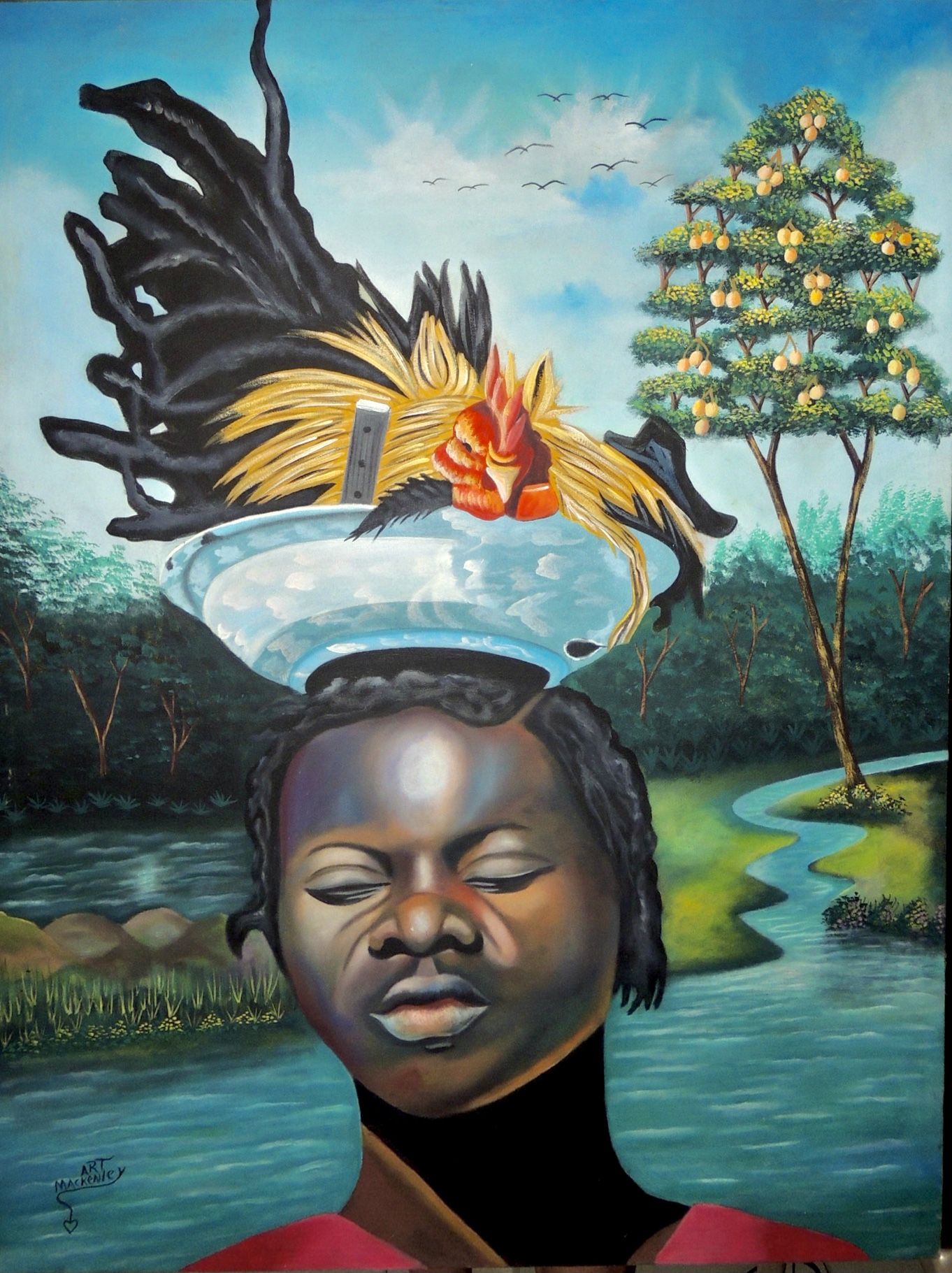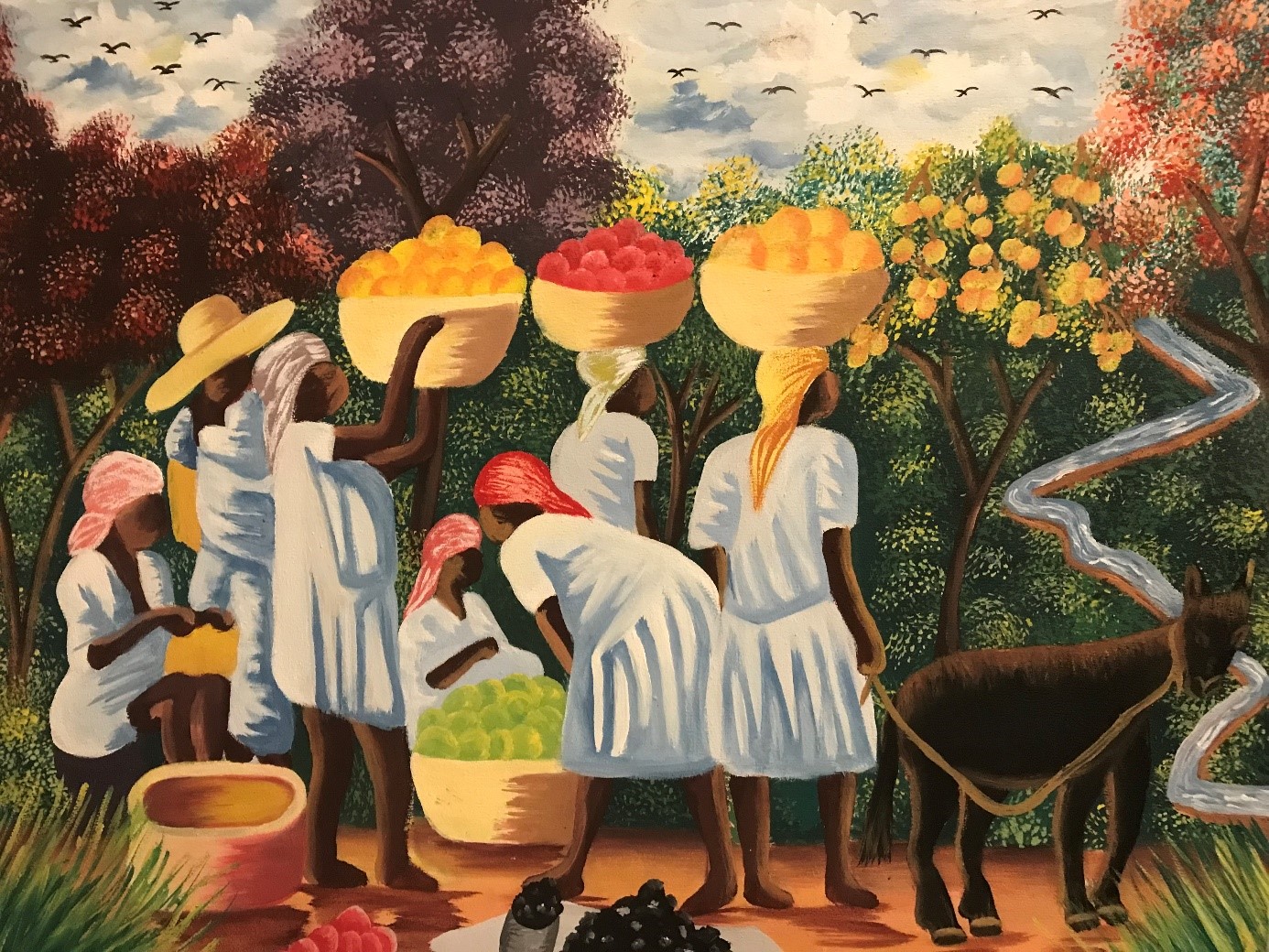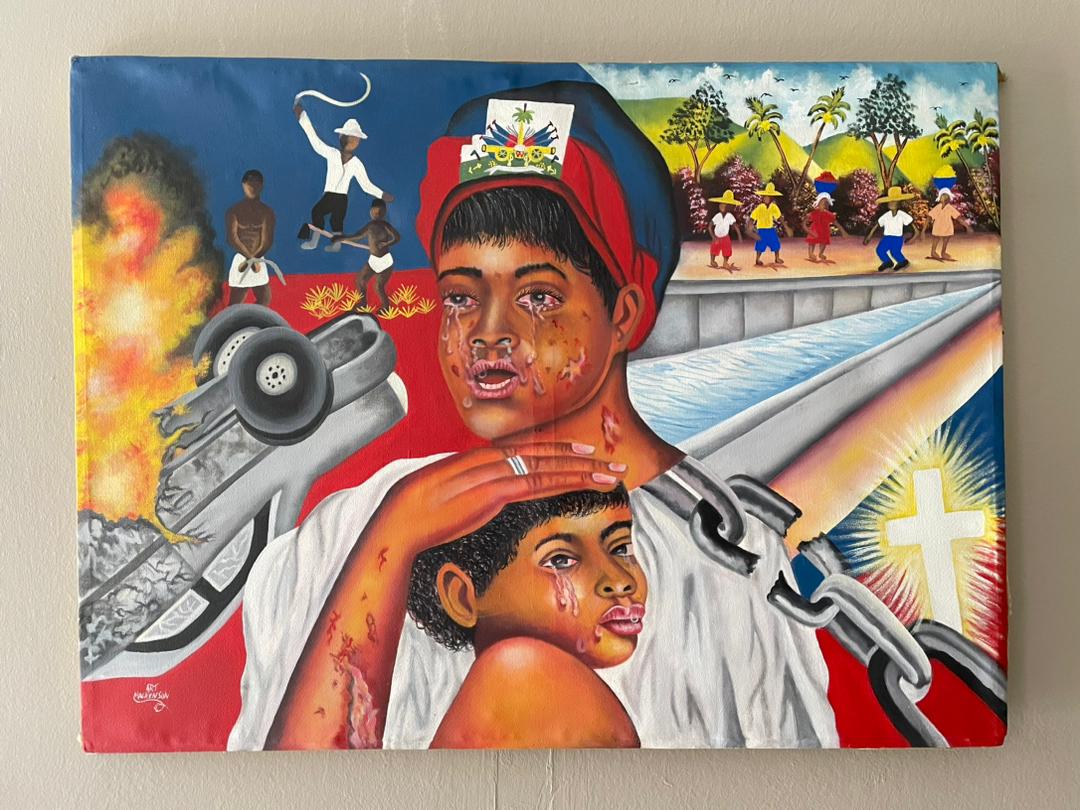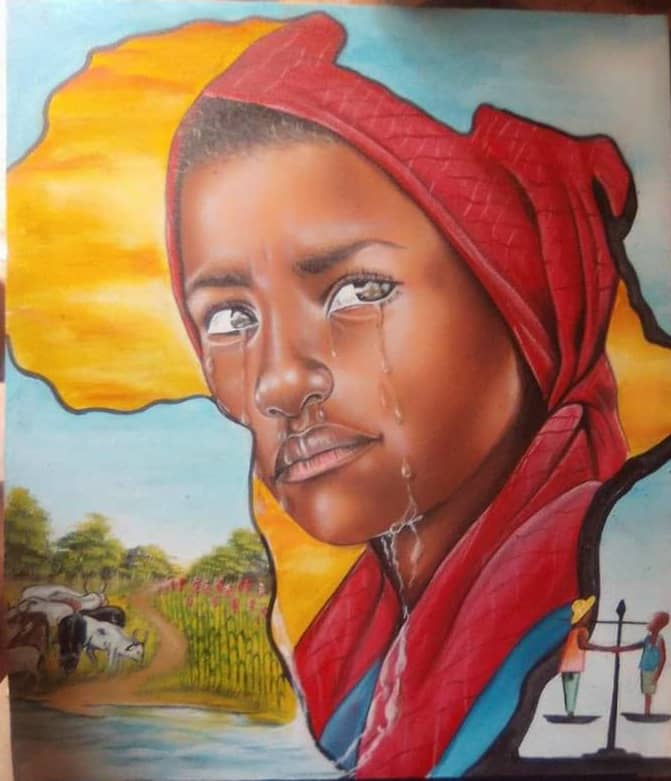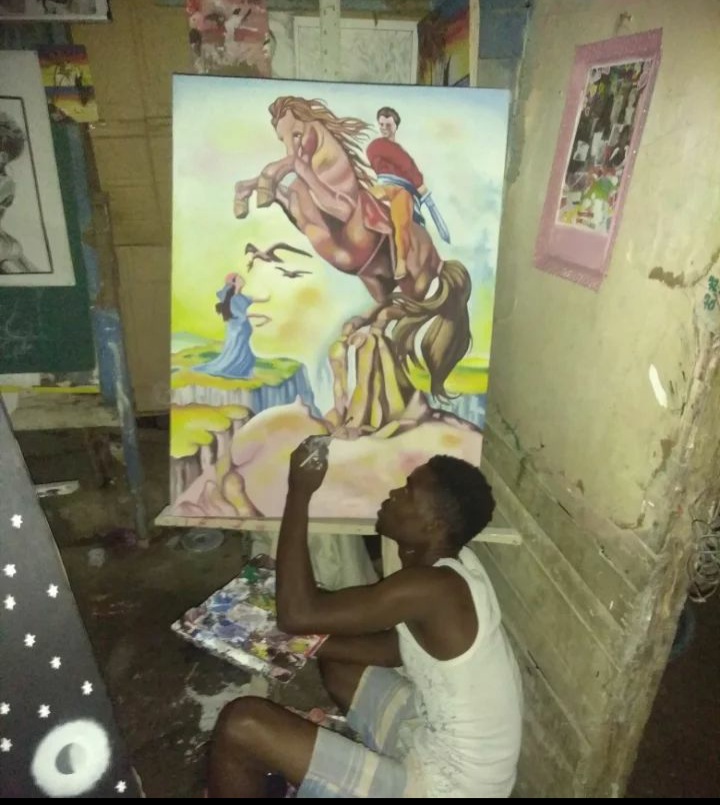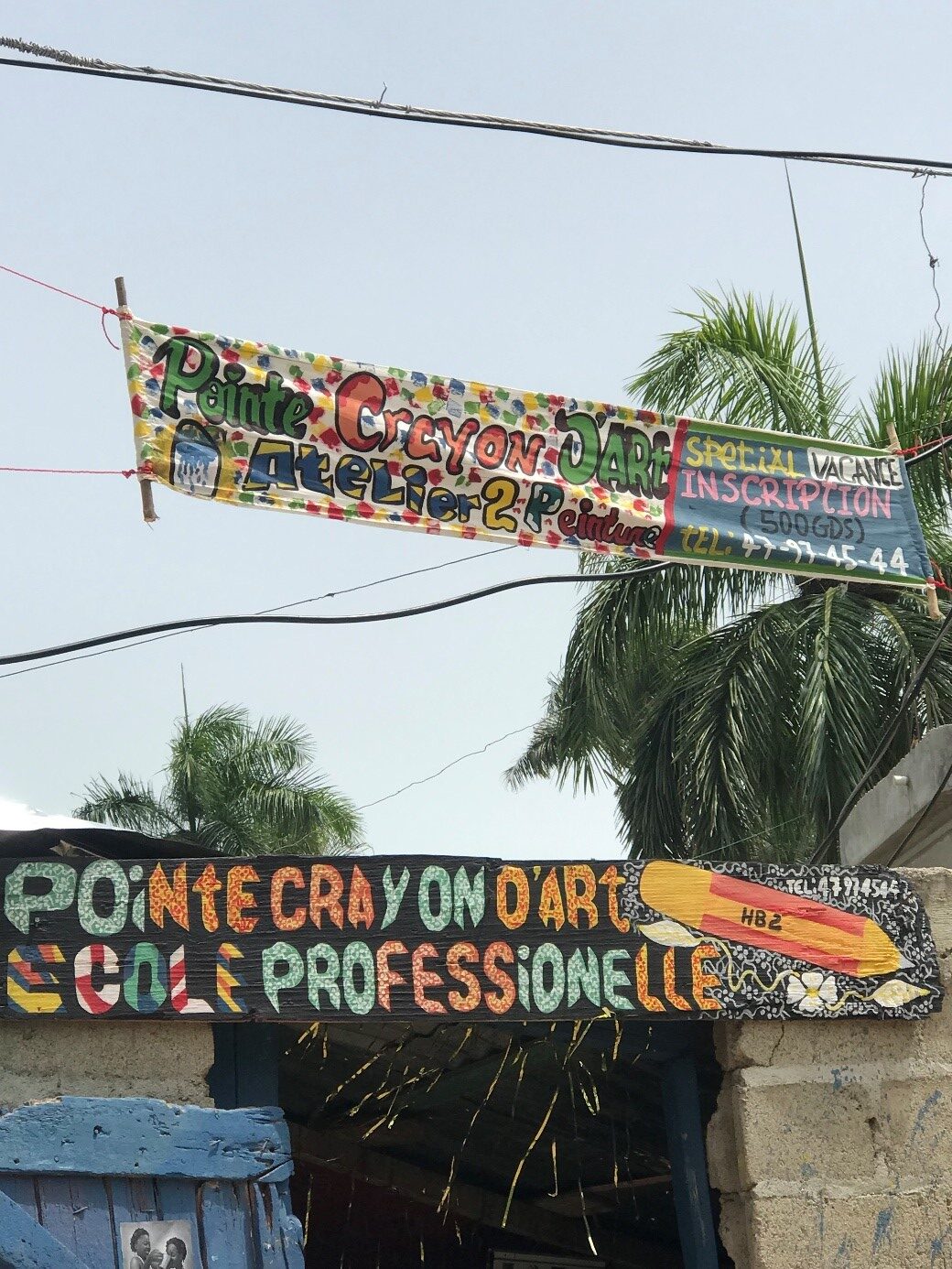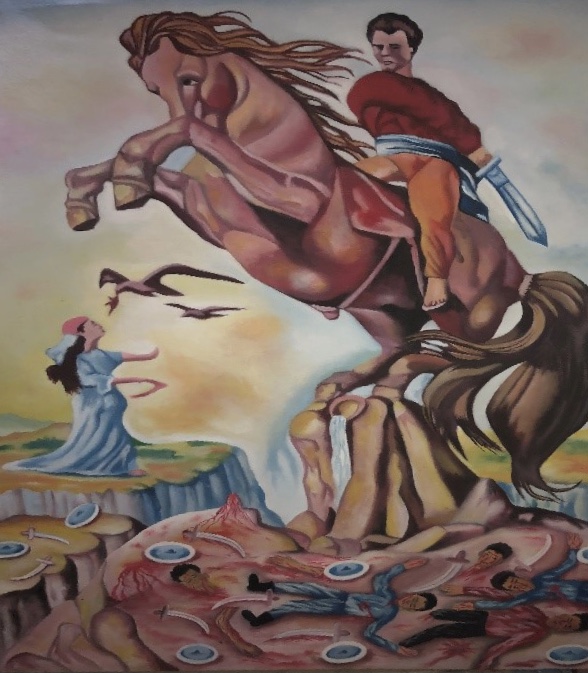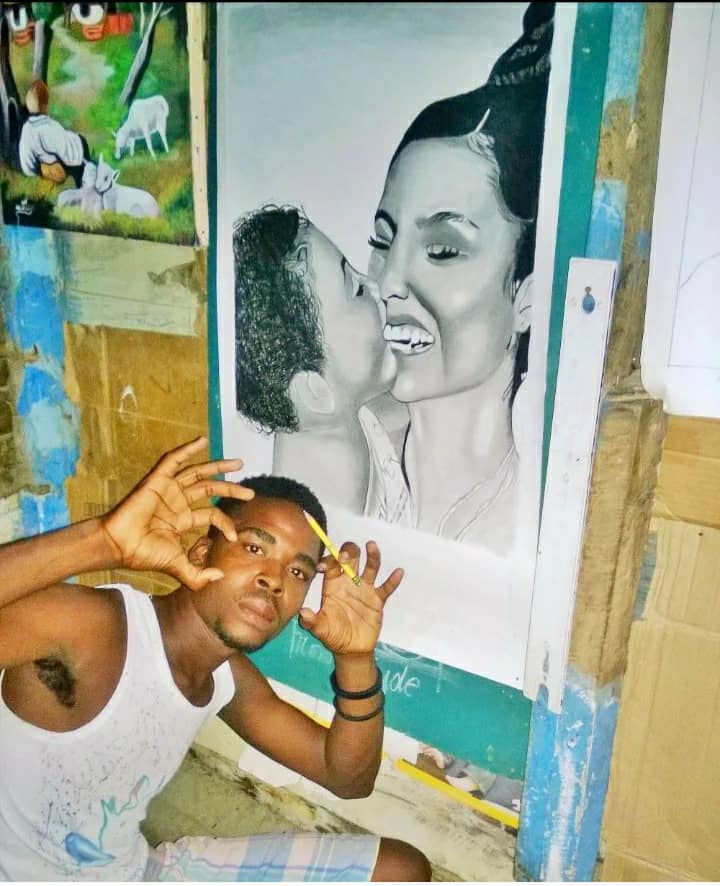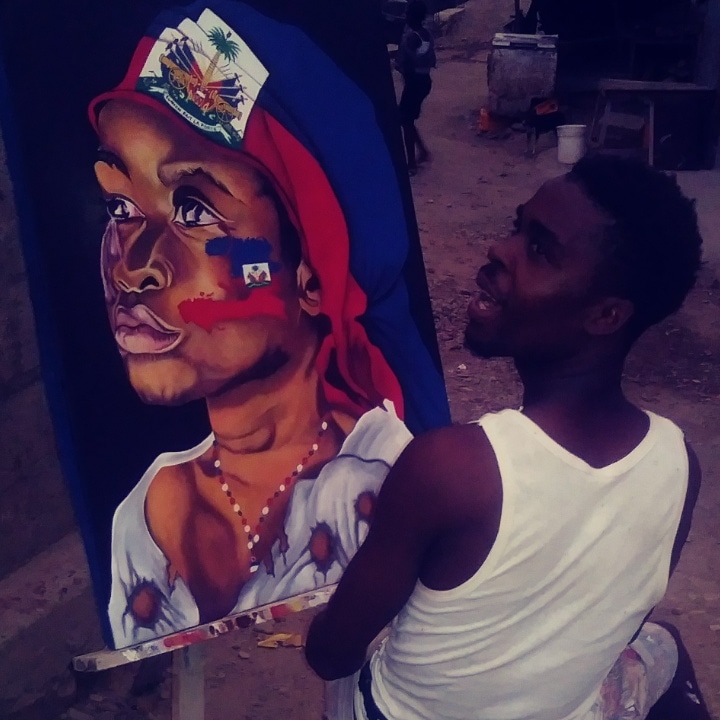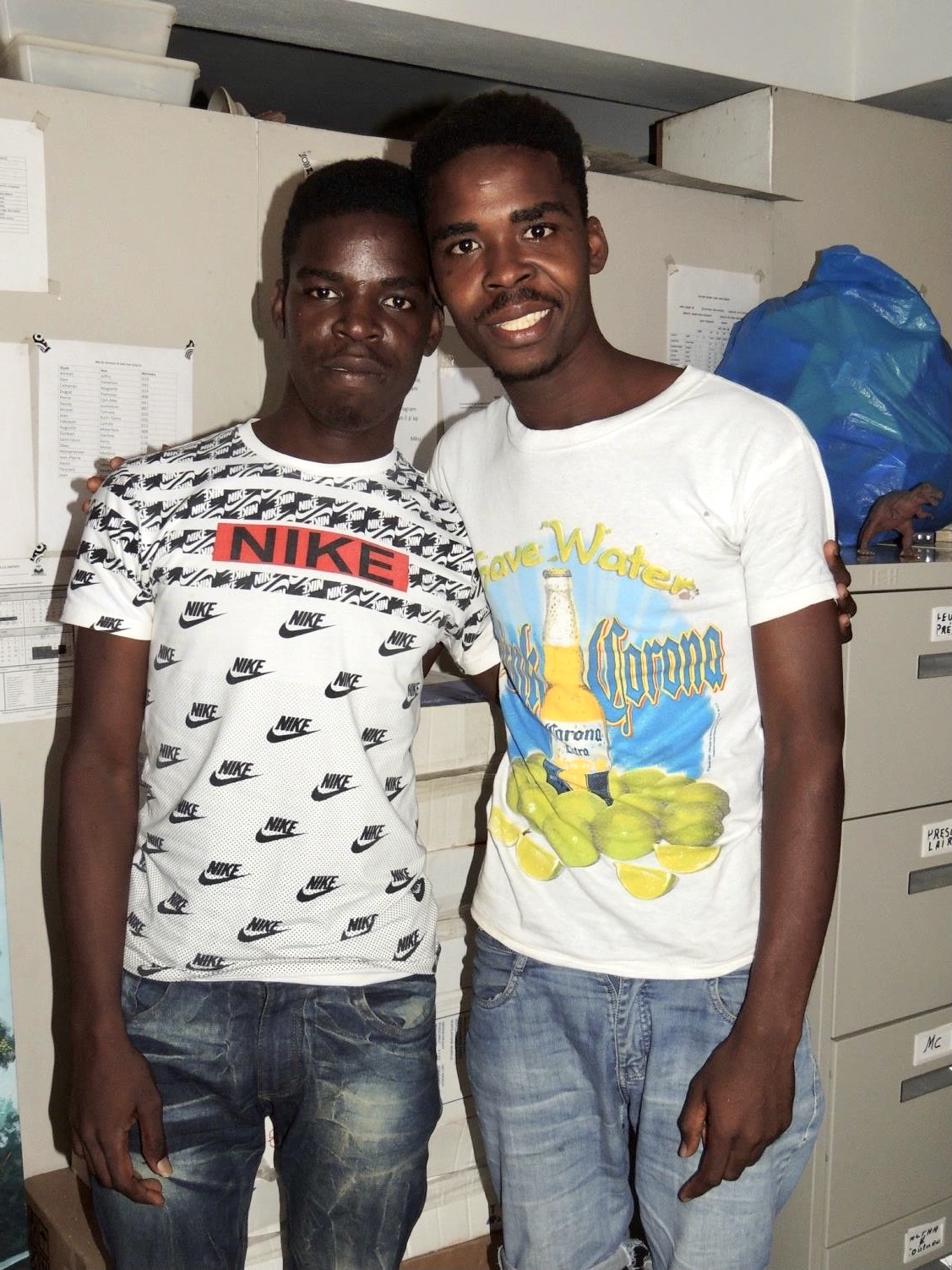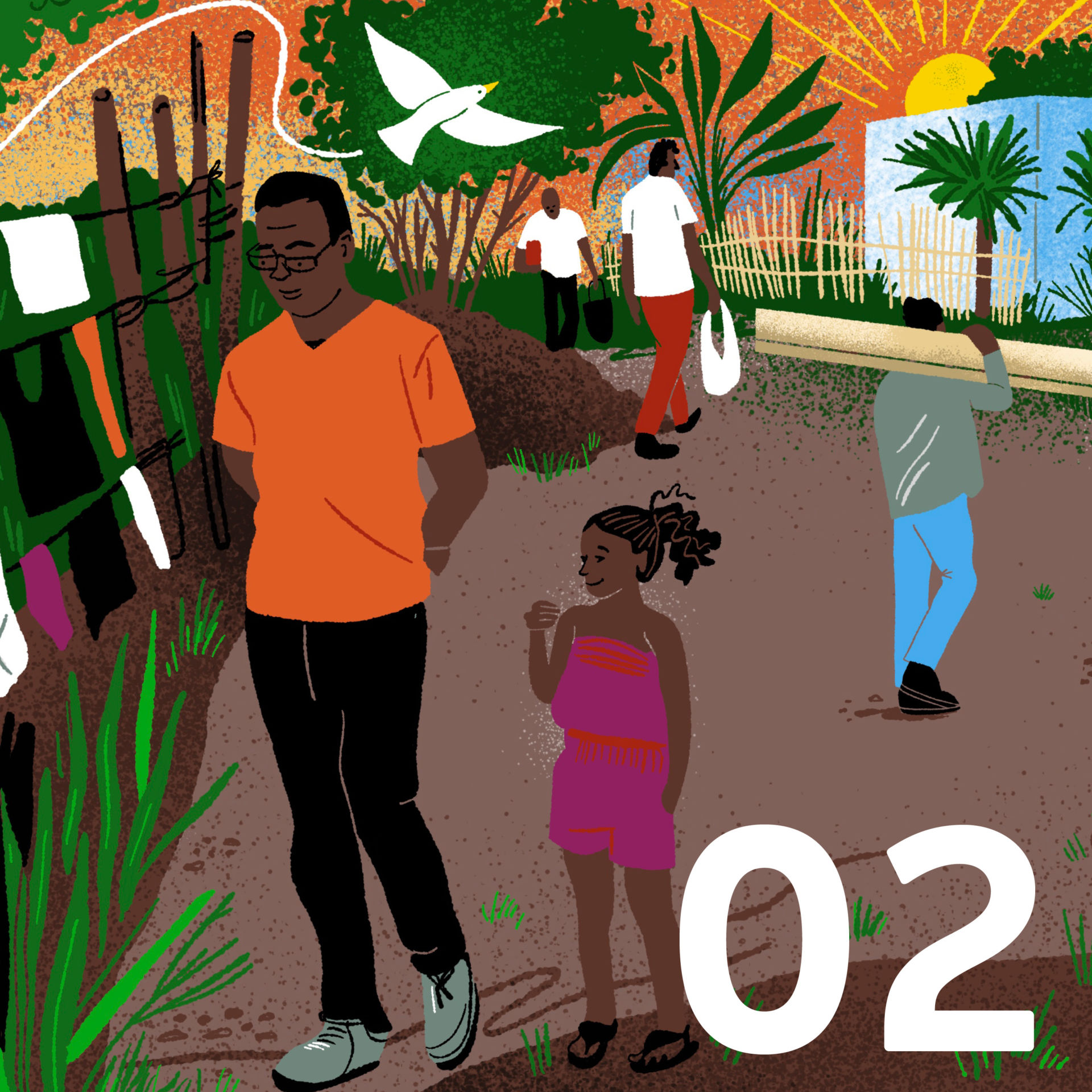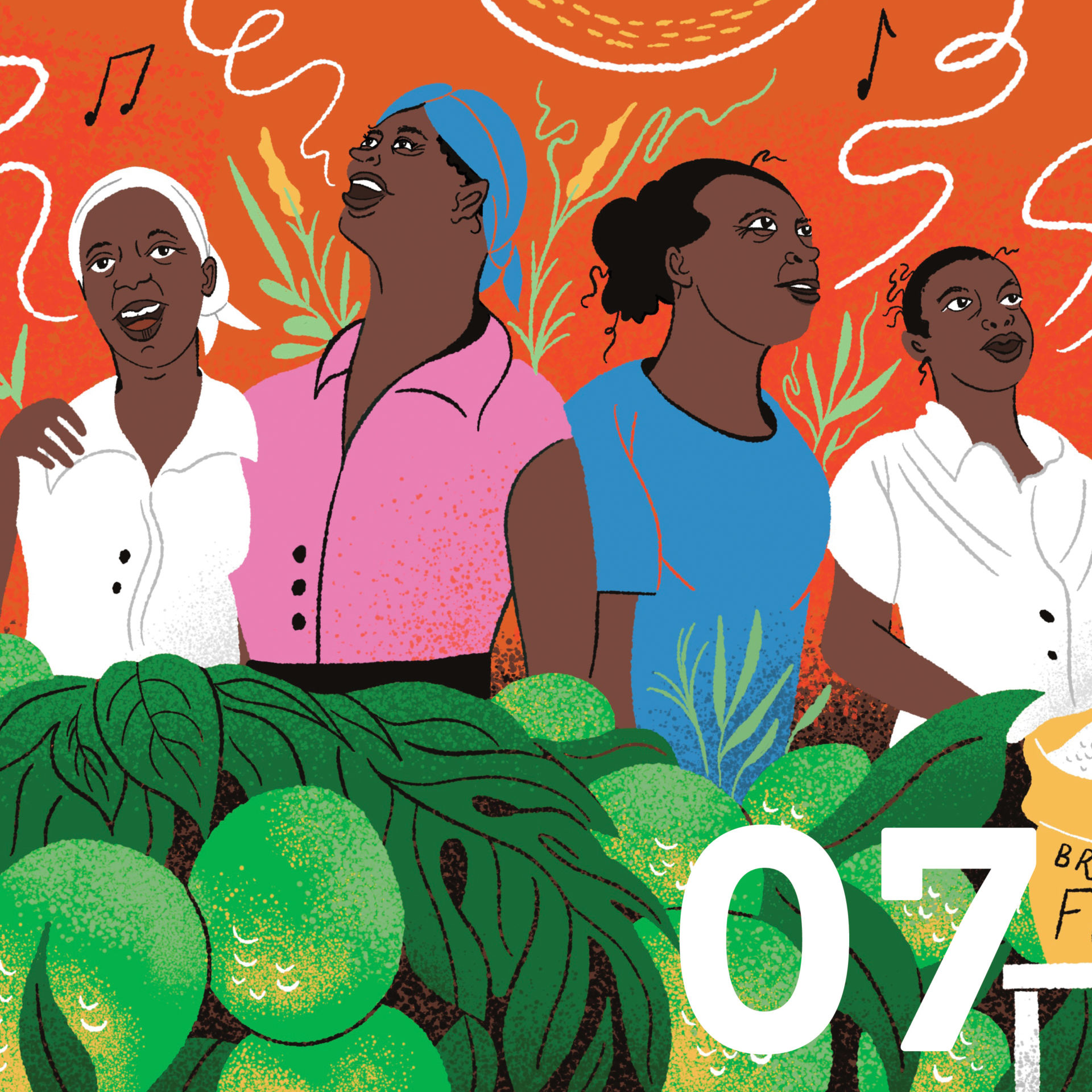News reports from Haiti aren’t good: political insecurity, gang terror, humanitarian crisis… What’s really happening? Why is it happening? Is there any good news? What are average Haitians to survive? To thrive? What path forward exists for Haiti to rise about the news headlines and claim her right to a better future? How can caring Canadians actually help? (Should they help?)
In Episode 2 we hear the diverse perspectives of acclaimed author and academic Dr. Myriam J. A. Chancy, celebrated writer and artist Gabriel Osson, and director of Rayjon Share Care in Haiti, Renaud Thomas.
Available on Apple Podcasts, Spotify, Google Podcasts + all major podcast platforms
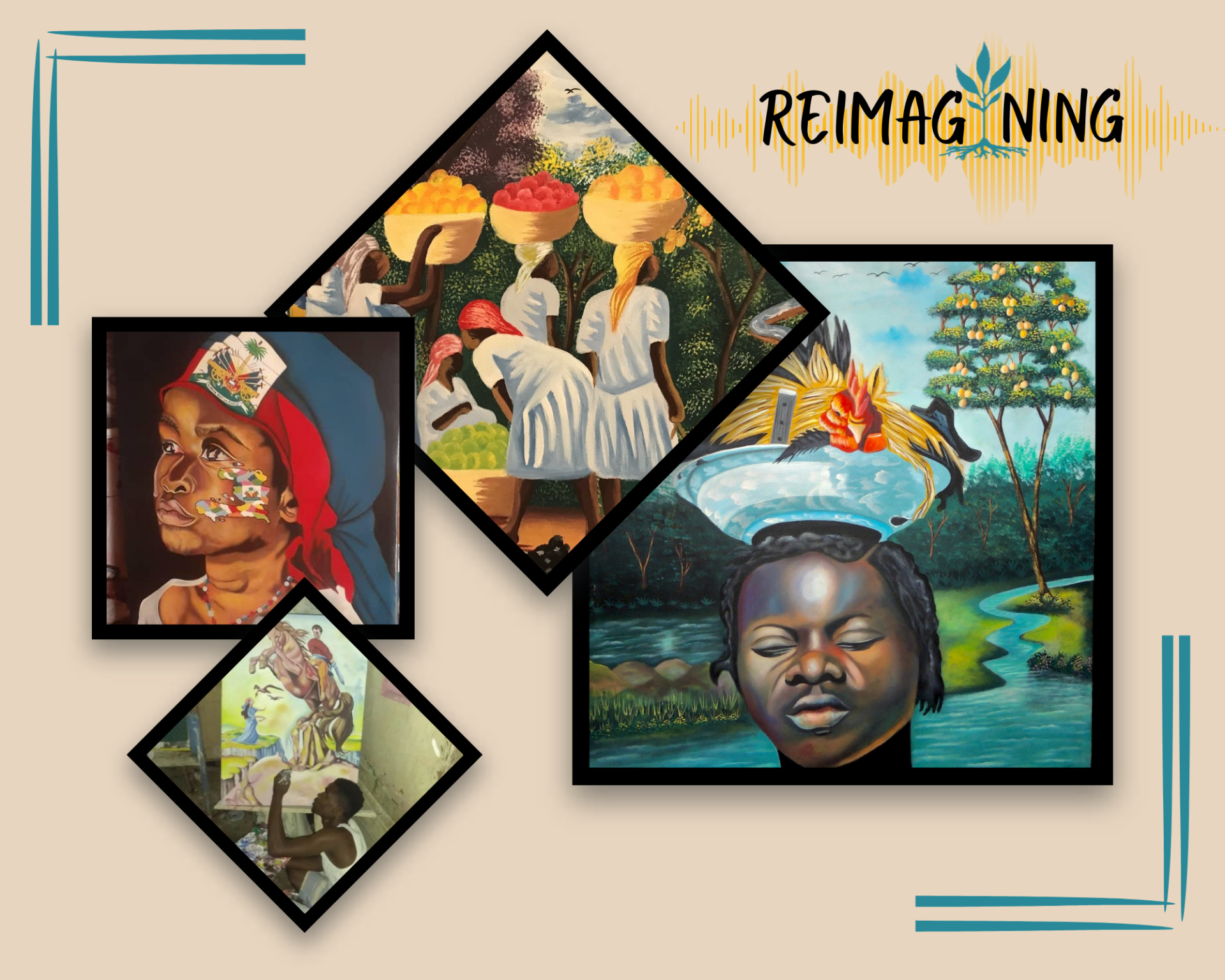
BONUS EPISODE
Proposed Security Force to Haiti:
This episode is a short preview, a special bonus glimpse into our upcoming full-length episode, ‘Facts, Fiction and Forward to a Self-Made Haiti’. Haiti is so complex, so rich in history, so alive with culture, and so misunderstood and misrepresented in the West. It was very difficult to trim our conversation into a single podcast episode. And so, with this bonus episode, we consider just one important and emerging issue affecting Haiti – the proposed deployment of a multinational security force to Haiti to fight gang terror and support the Haitian national police.
What are Haitians saying about the proposed security force? What concerns might the Haitian people have over such a force? What alternatives to resolving the gang crisis exist?
Guests
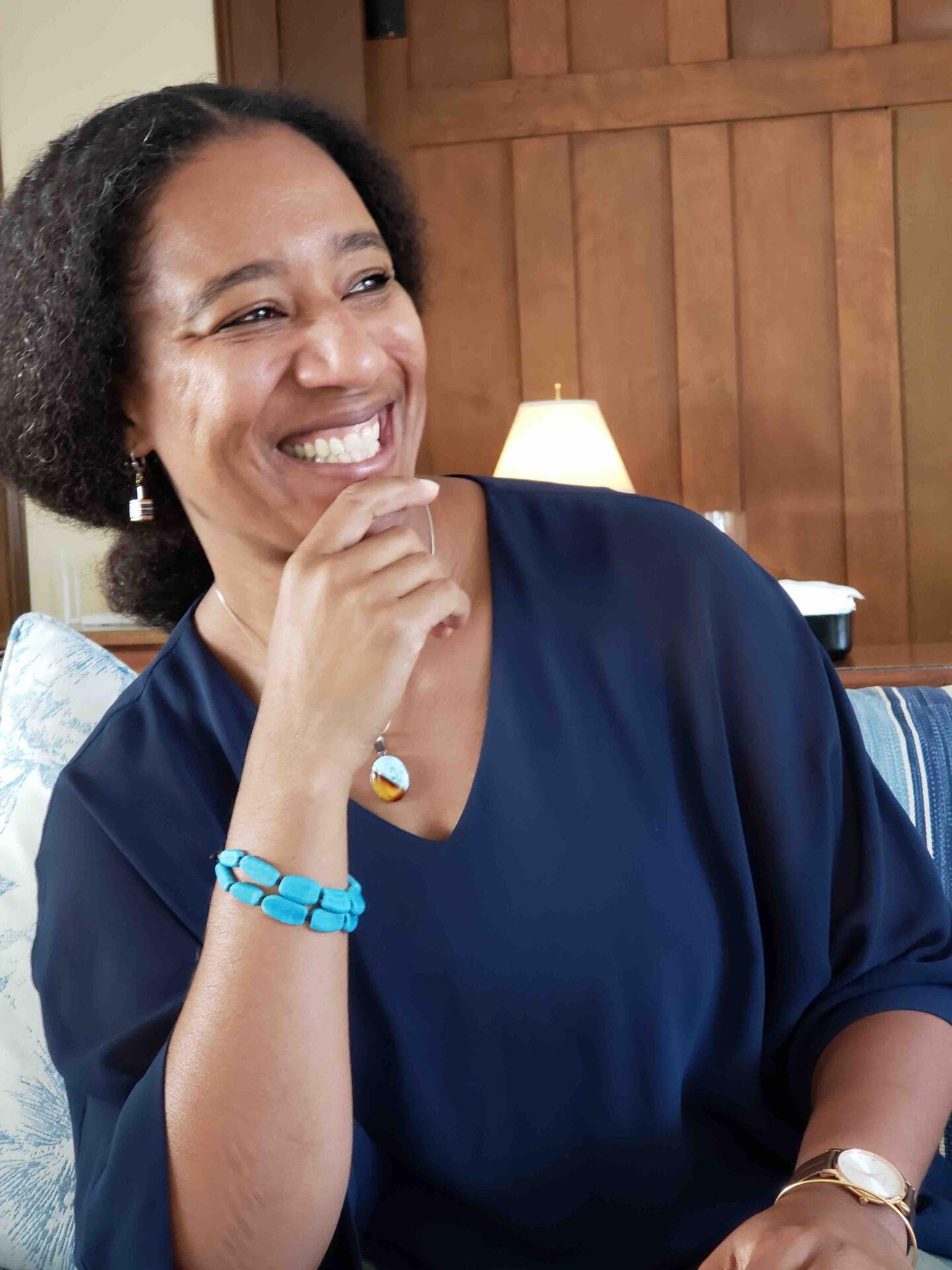
Dr. Myriam J. A. Chancy
Dr. Myriam J.A. Chancy is a Haitian-Canadian-American writer and acclaimed national and international speaker, delivering talks and creative readings on the subject of Caribbean, Haitian and social justice issues. She’s a Guggenheim Fellow and HBA Chair of the Humanities at Scripps College. Myriam was born in Port-au-Prince, Haiti. Her 2021 novel on the 2010 earthquake, What Storm What Thunder received star reviews and numerous coveted awards, including being named a best book of 2021 by NPR, Kirkus, Boston Globe, Amazon Books, and Canada’s Globe and Mail among others. As a widely respected academic, she has authored influential books of literary criticism and is regarded as an expert in Afro-Caribbean women’s literature.
“[O]ne of the things I’d like to signal is…women have been key actors at many of these moments, but often denied a voice.”
Gabriel Osson is a celebrated writer, poet, speaker and painter. Described as a specialist in laughter, he loves teaching and inspiring people. Gabriel also was born in Port-au-Prince, today makes his home in Toronto, Canada. In addition to his many artistic pursuits, Gabriel consults in organizational development, is a frequent conference speaker, and is very involved in volved in the Canadian francophone community, hosting a weekly radio show, Franco Découvertes, in Toronto, CHOQFM 105.1. Gabriel also lends his expertise in support of several development organizations in Haiti. He’s passionate about ecology and sits on the board of directors of the Trees That Feed Foundation, one of Rayjon’s partners doing tremendous work in Haiti.
“I hate when they tell Haiti people how resilient [they are]. Because to me it’s more than a resilience. There’s a force of character that the people brings with them.”

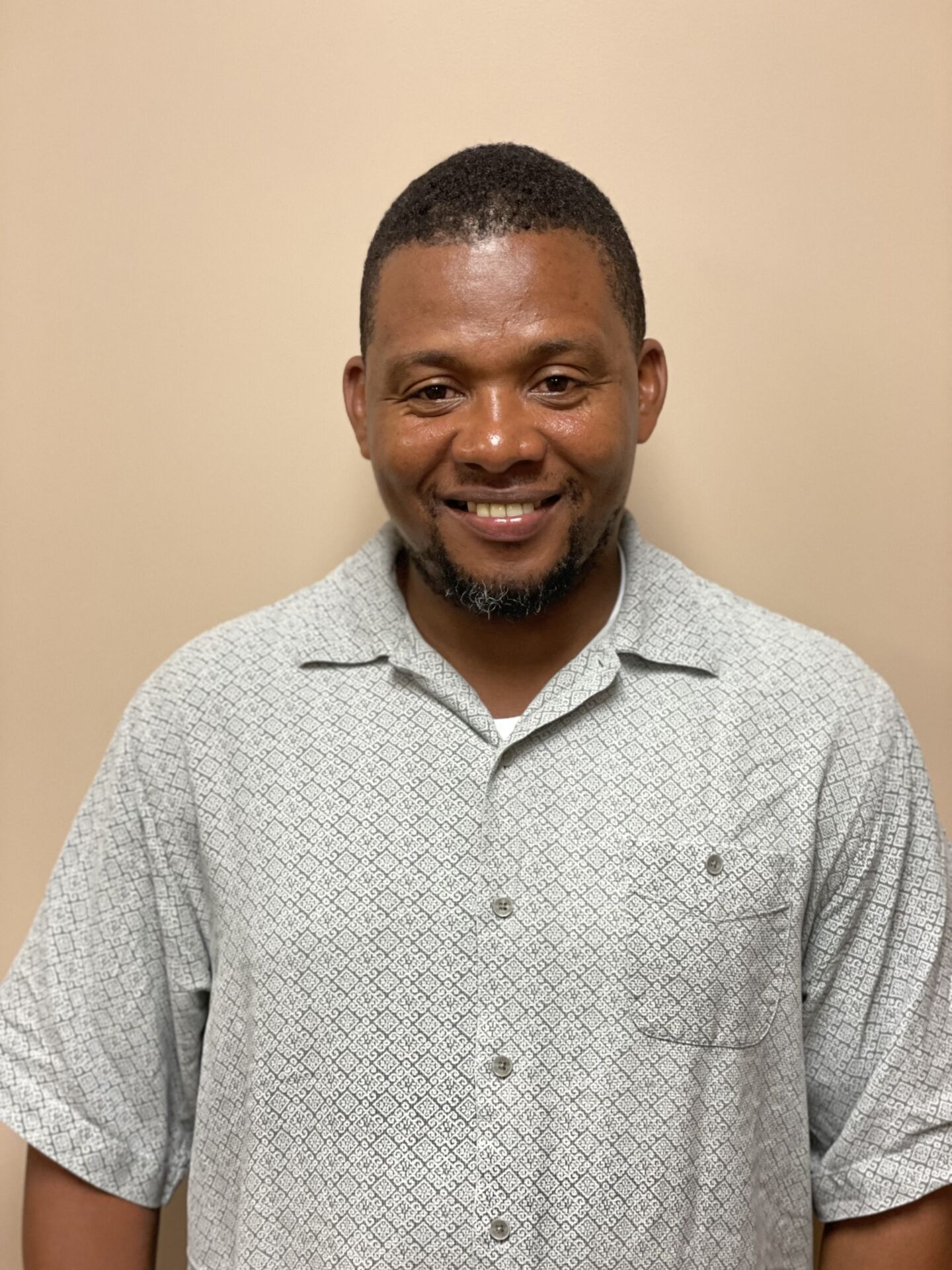
Renaud Thomas
Renaud is the Director of Rayjon Share Care in Haiti. Renaud was born in the rural district of Jacmel and helped his family with farming and animal husbandry until he moved to Port-au-Prince to finish high school and study at the Faculty of Agronomy and Veterinary Medicine at the Haitian State University of Damien. After graduation, Renaud entered the nonprofit world, recruited by American charity Women and Children’s Hope Foundation. Later, he specialized in permaculture design, eventually going on to create and manage permaculture programs at Haitian universities. He’s been director of RayJon Share Care Haiti’s work since 2018, where he oversees programs in education, healthcare, agriculture, and the empowerment of women. He continues to provide consultation and expertise to multiple other charitable organizations within Haiti.
“They took all the things, they destroyed the Haitian culture, they manipulated all the leaders, Haitian leaders, and they make like us someone who don’t really know who we are.”
Episode Art
Episode 2 artwork is by gifted young Haitian artist, Markenson Bona. His personal story, and the images and emotions of his paintings, connect with the broader picture(s) of Haiti shared in this podcast.
Markenson was born and raised in Cap Haitian, Haiti. His mother, a single mom with little support, faced extreme challenges in raising Markenson and his three siblings. Markenson and his twin brother Peterson were severely malnourished and at birth, but found care at the Centre for Nutrition and Education for Women and Children , where they formed a special bond with Canadian nun Sister Rosemary. As they grew in health, the boys later received Tuition Support to attend school.
When their mother passed away, the boys were left to care for one another. Markenson had developed a love and passion for art at a young age, and eventually decided to pursue painting full-time.
Today Markenson is married and has a beautiful, healthy daughter. He opened a small painting school where he teaches young people to express themselves through art, which he sees as integral to helping them escape the streets and violence that claim the lives of so many youth who lack opportunities and community. His dream is to help young people escape the problems of a country that he feels often doesn’t offer young people a path.
Please click on each painting at right for a description of what it means to artist Markenson Bona.
Episode Music
(by Haitian Women's Federation, St. Marc, Haiti)
Kreyòl Ayisyen
Nou pap bay legen nan batay la
Nou pap sede pou asasen yo
Nou pap bay legen nan batay la
Nou pap sede pou asasen yo
Viktwa final la se pou fanm ohh
Yo maltrete nou se vre
Yo maltrete nou se vre men nou konen nou menm fanm se wozo nou pap kase ohh
Nou pap bay legen nan batay la
Nou pap sede pou asasen yo
Nou pap bay legen nan batay la
Nou pap sede pou asasen yo
Viktwa final la se pou fanm ohh
Yo maltrete nou ase
Men nou konen nou men fanm se wozo nou pap kase ohh
Nou pap bay legen nan batay la
Nou pap sede pou asasen yo
Nou pap bay legen nan batay la
Nou pap sede pou asasen yo
Viktwa final la se pou fanm ohh
Yo maltrete nou ase
Men nou konen nou men fanm se wozo nou pap kase ohh
Men nou konen nou men fanm se wozo nou pap kase ohh (x 6)
English translation
We will not let them win in the battle
We will not retreat for the murderers
We will not let them win in the battle
We will not retreat for the murderers
The final victory is for women
It is true that they mistreat us
It is true that they mistreat us but we know that we are women and we are reeds we will not break
We will not let them win in the battle
We will not retreat for the murderers
We will not let them win in the battle
We will not retreat for the murderers
The final victory is for women
They mistreat us enough
But we know that we are women and we are reeds we will not break
We will not let them win in the battle
We will not retreat for the murderers
We will not let them win in the battle
We will not retreat for the murderers
The final victory is for women
They mistreat us enough
But we know that we are women and we are reeds we will not break ohh
But we know that we are women and we are reeds we will not break ohh (x 6)
In Loving Memory of
Camita Estiverne Estimé
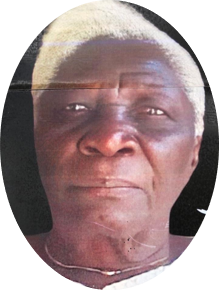
This podcast episode is dedicated in honour of the late Camita Estiverne Estimé, one of the founding members of the Haitian Women’s Federation in St. Marc, Haiti. Throughout her life, Camita championed the rights of women, and helped to create the anthem you here her fellow members sing.
Resources
Myriam’s website shares a list of Haitian-led organizations, including Rayjon, that she recommends donating to here.
Opinion by Dr. Greg Beckett (2022): The world needs to let Haiti write its own story.
To learn more about Rayjon’s partners in Haiti and their achievements in sustainable development, visit our CAUSES page, or check out our Annual Report.
Previous Episodes
Episode 1: The Right to a Nationality and a Name:
The Reality of Statelessness in the Dominican Republic
To many Canadians, the Dominican Republic is known for its sandy beaches, but there is a story that runs deeper than the clear water along the coast. In the Dominican Republic, a 2013 legal change stripped hundreds of thousands of Dominicans of Haitian descent of their Dominican nationality, leaving them stateless. Rayjon speaks with Activist Rosa Iris Diendomi Álverez and Partner organization ASCALA members Sister Maria Eugenia Vazquez and Lawyer Michael Abreu about the reality for those who remain stateless ten years later.
